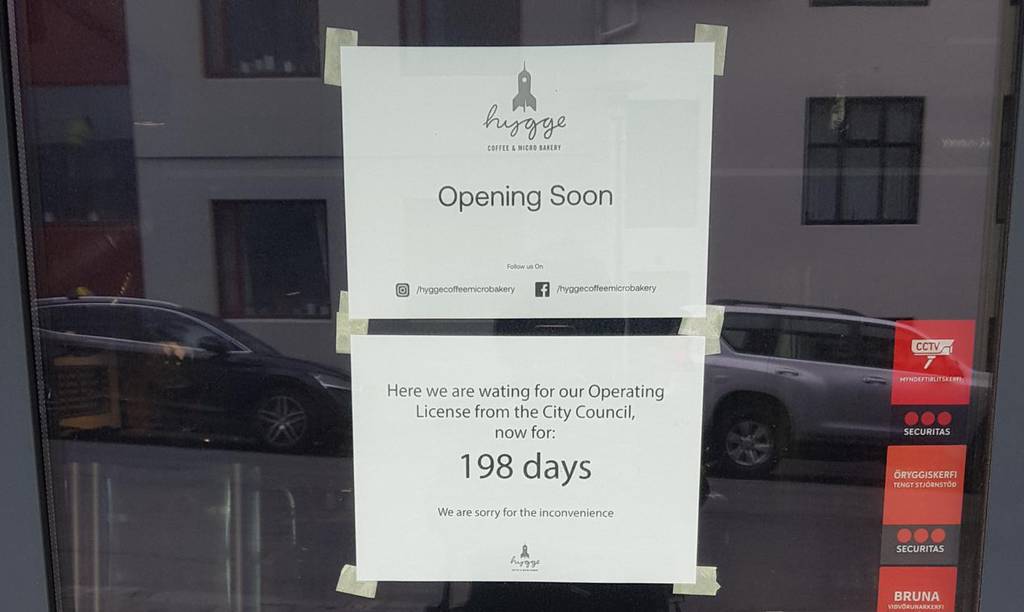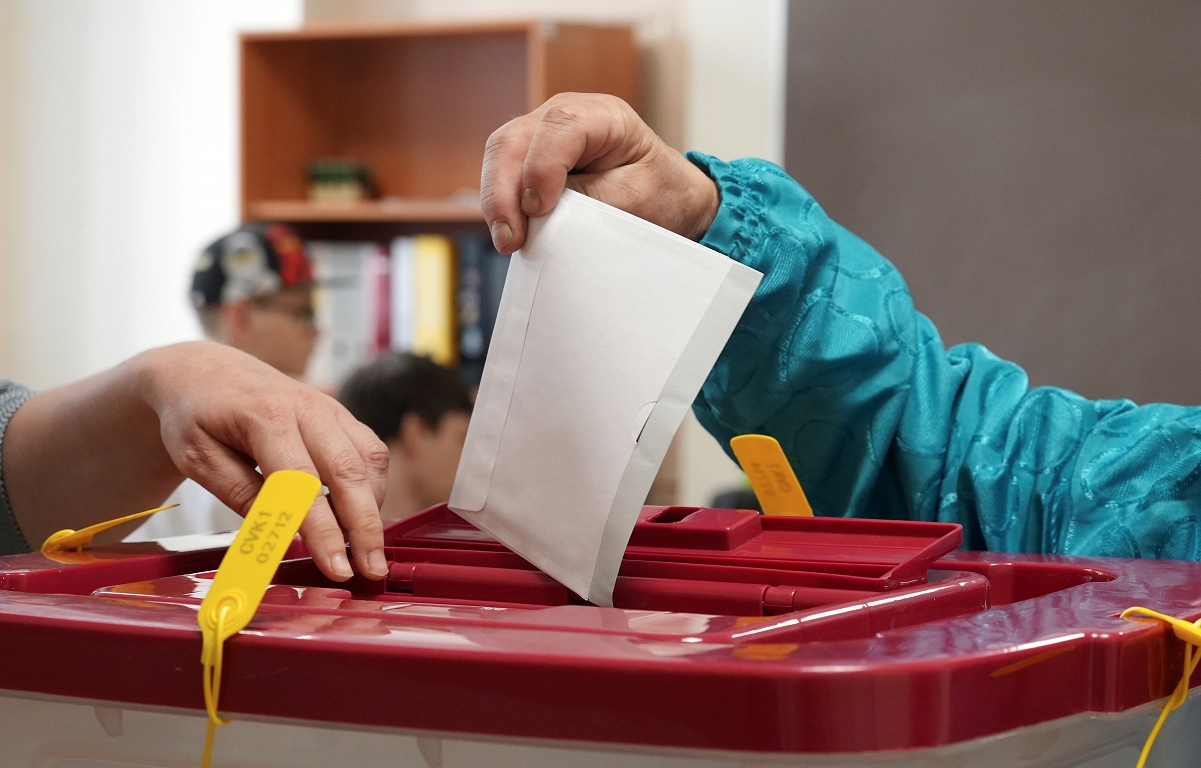Trump was not against NATO but had to spend more

US Secretary of State Marco Rubio told NATO allies on Thursday that Washington remains committed to the Alliance, but expects them to spend much more on defense and will give them some time to do so.
Rubio rejected doubts about the US commitment to the Alliance as « hysteria » after talking to the Alliance’s foreign ministers gathered in Brussels.
| « The United States is in NATO … The United States are as active in NATO as they always were, » he told reporters. |
Talking about President Trump Rubio assured that « he’s not against NATO. » « He is against NATO who does not have the necessary abilities to fulfill the obligations that the contract imposes on every Member State. »
Trump (again) for NATO: If they don’t pay, I won’t protect them
European allies are impatiently seeking details about the time frame and the extent that the United States has been striving to reduce its NATO commitment for weeks to coordinate the process of raising European defense to avoid security gaps in Europe.
5% for defense is the new 2%
In Brussels, Rubio brought a certain element of response to this.
| « We want to leave the meeting with the understanding that we are on the road, a realistic journey, each of the members to engage and fulfill its promise to reach up to 5% of the expenses, » he said, adding that this includes the United States. |
US Secret Document: Europe will discourage Russia, we are looking at China
« Nobody expects you to do so in one or two years. But the road must be real, » Rubio added.
A European employee who spoke on condition of anonymity said the meeting with Rubio was « very soothing » and was not confrontable.
However, reaching 5% of GDP of defense costs would be difficult for many allies in NATO.
According to NATO estimates, some of the major economies on the continent, such as Italy and Spain, are among those under the current target for military spending of 2% – about 1.5% and 1.3% respectively. Twenty-three of the 32 Alliance members have fulfilled or exceeded the target from 2% last year.
« I think 5% are probably too many, » Portuguese Foreign Minister Paulo Rangel told reporters, noting that Portugal spent 1.5% of GDP on defense last year – it must first reach 2% and then have a plan to achieve a new goal.
«







